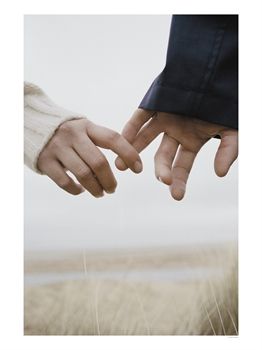
For those who missed it, Dating a Widower was officially released on Monday. It is available in paperback and major e-book formats. Signed copies are also available.
***
After last week’s post, some of the subsequent comments and discussions on the Dating a Widower Facebook group got me thinking about grief and how, if left unchecked, it turns into a selfish monster.
Grief has a purpose. When a spouse (or anyone else we love) dies, there are natural feelings of sadness, anger, bewilderment, despair, misery, depression, and hopelessness. Everyone has a different way of expressing these feelings: some people cry, others are quiet, while others have to keep themselves busy. These feelings are natural and something we need to experience and get out of our system before we can start rebuilding our lives. Though the exact length of grieving time varies from person to person, most people are fine within a year after a major loss.
The dangerous aspect of grief is that is focuses all of our emotions and thoughts inward. Thinking about ourselves after the loss of a spouse isn’t a bad thing—at least not at first. We need time to find our footing again and figure out what direction our lives are going to take without that special someone in it. Often there are big decisions that need to be made that could affect the rest of our lives or our children’s lives and we need time and energy to think though the consequences of these decisions.
Problems arise when, after a time, we’re unable to look past ourselves and our grief. Instead of realizing that there’s a big wonderful world out there full of happiness and opportunity we think only of ourselves. We get so focused on ourselves and our problems we can’t see that there are people out there struggling with their own problems and issues. When this happens, instead of becoming a tool for us to move on, our grief morphs into selfishness. As a result we’re unable to move on and start anew. I see this time and time again in the emails from women dating widower widowers who want the benefits of a relationship but are unwilling to open their heart and give of themselves to the new woman in their life.
Because the sting of losing a loved one can linger with us for years, there’s nothing wrong with having an occasional bad day or bad moment. That’s not being selfish—that’s being human. We’re all prone to have a memory or an event trigger some emotions that we thought were dormant or buried. For example, even though it’s been nearly 10 years since Krista and Hope died, there are one or two moments a year when I let the tears fall. But I don’t let those few and far between moments make me think that the world owes me a living or that I can be rude toward Marathon Girl or our children because of my past.
Had I let grief morph into selfishness continued to think only of myself and my problems, I would have missed out on the two biggest blessings of my life: Marathon Girl and our kids. I also wouldn’t have published three books, live in the wonderful neighborhood we call home, or have all the other good things in this life.
So if you’re a woman dating a widower who can only think of himself and his loss, stop torturing yourself and move on. You deserve someone who will put you and your happiness before his own. There are plenty of good men (and, yes, other widowers) who will treat you like a queen. Find those men instead of wasting time with someone who thinks the world revolves around himself.